Difficulties and obstacles in hospital autonomy in Nghe An
In recent times, implementing autonomy, hospitals in Nghe An have achieved many positive results, but also encountered many difficulties and problems...
Bright spots
In 2017, Nghe An Health sector had 8 units assigned authority.autonomyGroup 2, Vinh City General Hospital is one of them. Since then, this Hospital has implemented the autonomy mechanism in 3 different phases, including: the period from 2017 - 2019, autonomy in regular expenditure (group 2 according to Decree No. 85/2012/ND-CP); the period from 2020 - 2021, autonomy in investment and regular expenditure (group 1 according to Decree No. 16/2015/ND-CP); the period from 2022 onwards, autonomy in regular expenditure (group 2 according to Decree No. 60/2021/ND-CP).
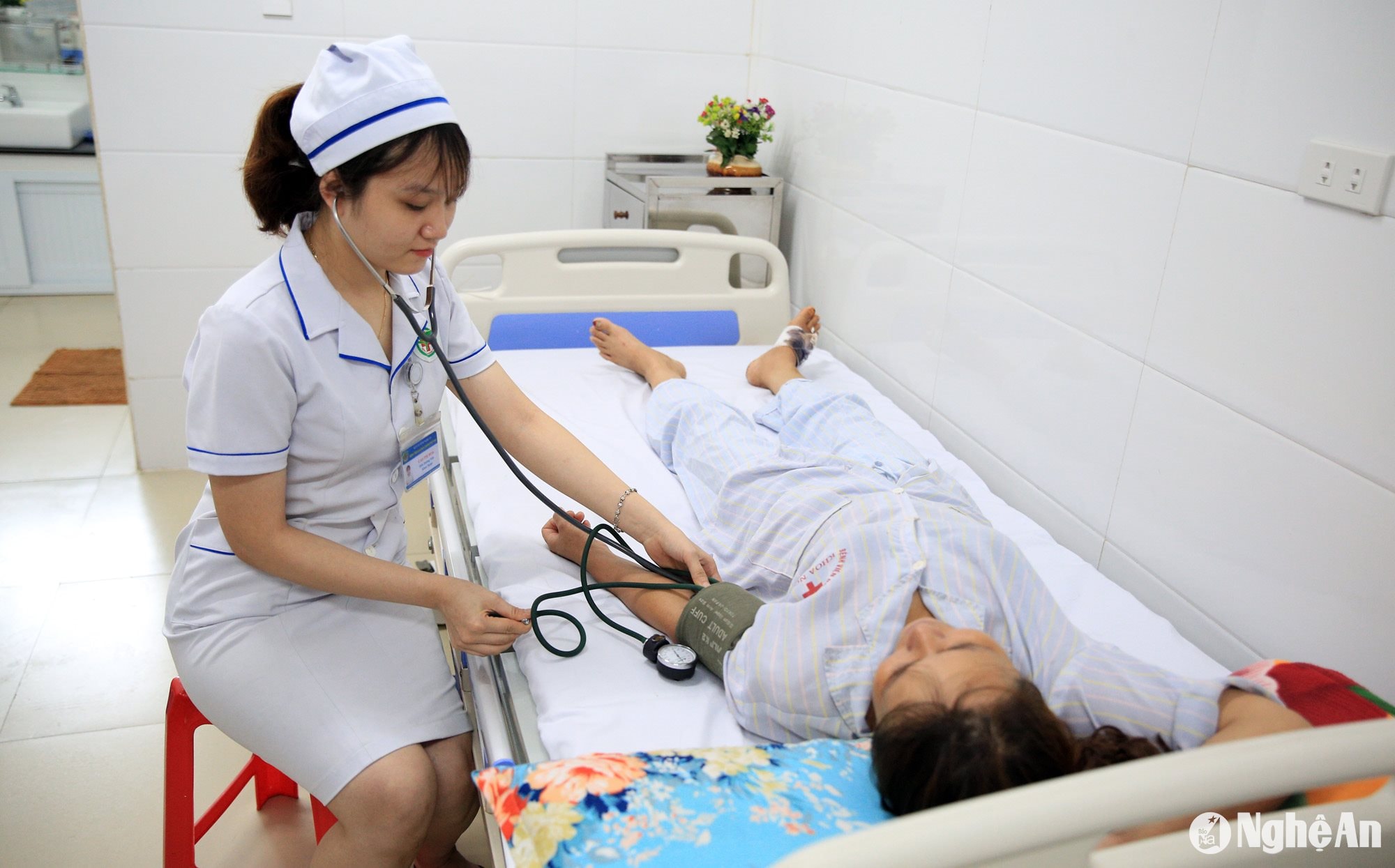
Looking back at 7 years of implementing autonomy,Vinh City General Hospitalhas achieved many outstanding achievements. The scale of medical examination and treatment has grown in both quantity and quality. From a hospital that only examined and treated people in the city, with 15 departments, 220 beds, 175 staff, including 50 doctors; up to now, the hospital has examined and treated people in the province and some districts of Ha Tinh province, with a scale of 43 departments, rooms and 1 center, along with 800 planned beds, 965 staff, including 275 doctors... The number of patients examined and treated, which used to be only 200 people/day, has now increased more than 10 times. The number of inpatients has increased 6 times.
Currently, in addition to the list of level 2 techniques, Vinh City General Hospital has performed many techniques at the central and provincial levels. The hospital quality is the top in the public hospital system of the province.
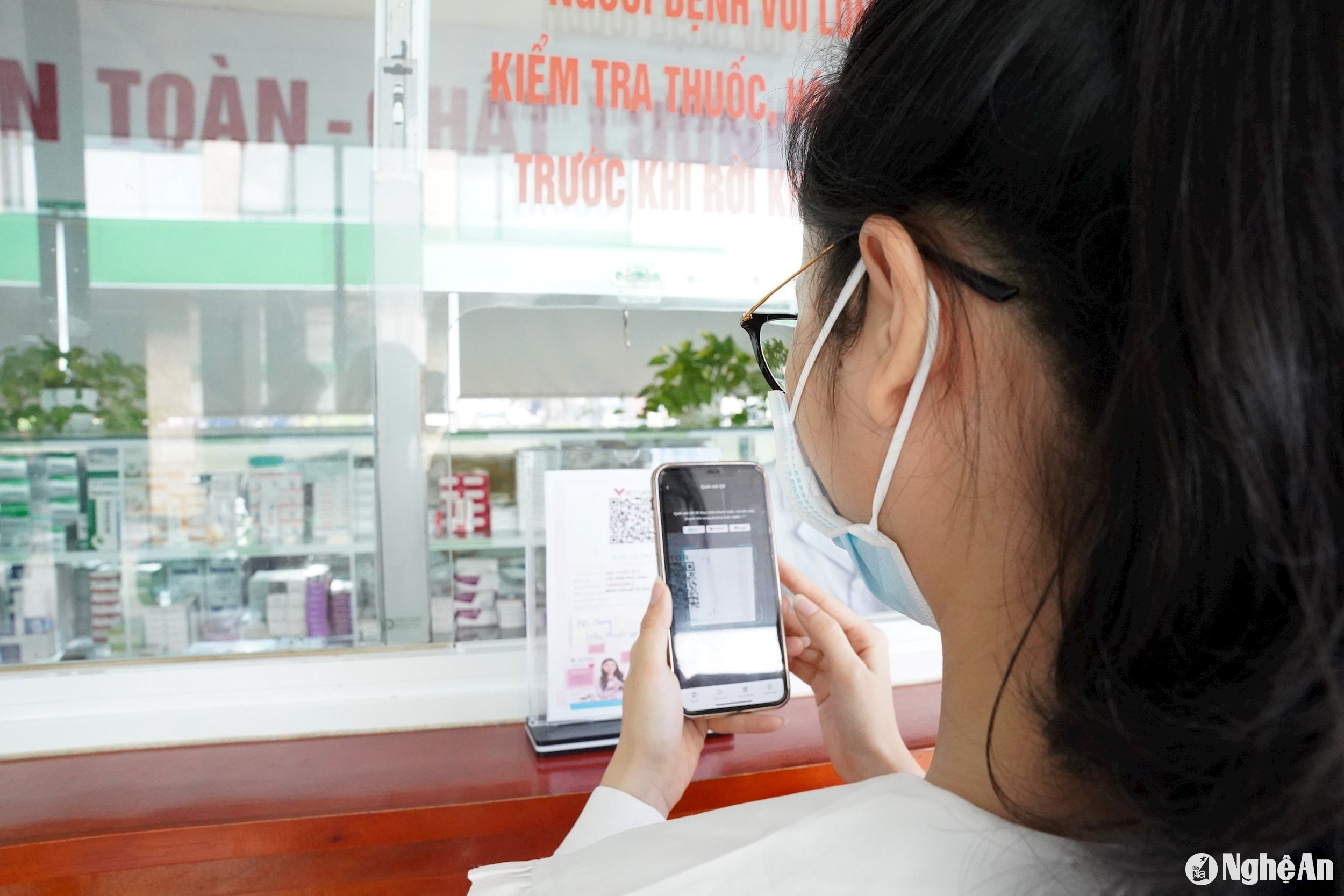
According to Dr. Nguyen Hong Truong - Director of Vinh City General Hospital: Thanks to autonomy, the Hospital has many solutions to ensure the rights of insurance participants; prevent shortages of drugs, equipment, and medical supplies; expand many types of medical examination and treatment services; manage and use human resources well; implement cost savings well; increase legal revenue sources.... Thereby, the Hospital has ensured stable salary payments and additional income for officers and civil servants (over 10 billion VND/month); income is higher year after year. Every year, the hospital accumulates and sets aside an annual Career Development Fund of over 30 billion VND to repair, renovate, upgrade facilities and purchase machinery, equipment, and train human resources.
Similarly, the implementation of autonomy has also brought many good results to Nghe An General Friendship Hospital. At this hospital, the autonomy process took place in 3 stages: The period from 2007-2016, implementing partial autonomy in regular expenditure (group 3 according to Decree No. 43/2006/ND-CP); The period from 2017-2022, implementing autonomy in regular expenditure (group 2 according to Decree No. 16/2015/ND-CP); The period from 2023 to present, implementing regular expenditure and investment expenditure (group 1 according to Decree No. 60/2021/ND-CP).
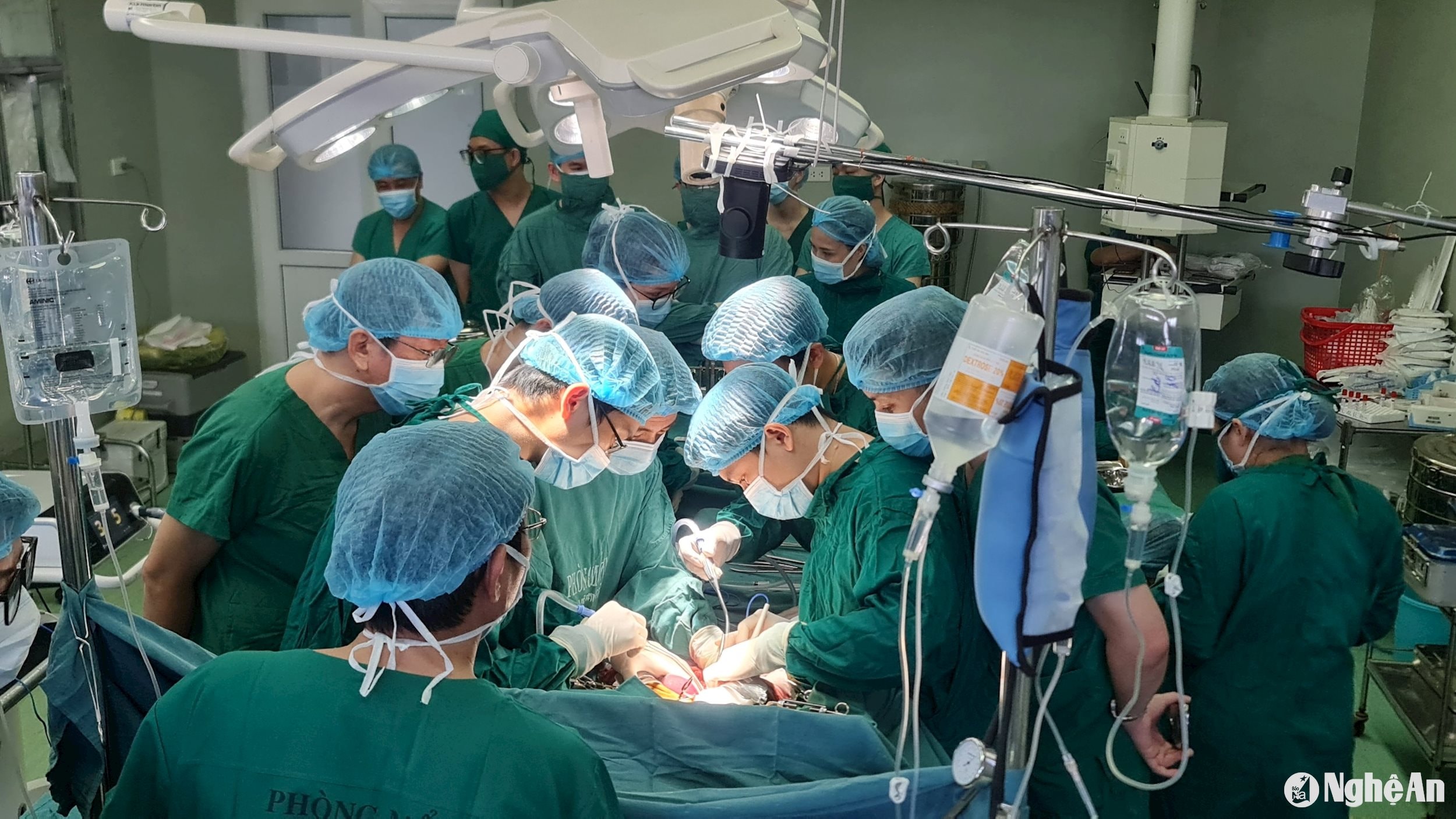
Dr. Nguyen Ngoc Hoa - Deputy Director of Nghe An General Friendship Hospital, said: "Implementing the autonomous mechanism has helped the Hospital take the initiative in organizing the apparatus, recruiting, training and developing human resources to increase operational efficiency, ensuring development needs as well as transforming the mindset of "serving" to "providing services". Along with that, the hospital has been able to proactively regulate reasonable revenues and expenditures, effectively use financial resources, contribute to improving the quality of medical examination and treatment, and become a final-level hospital in the North Central region".
Currently, in the whole province, there is 1 financially autonomous unit with self-guaranteed regular and investment expenditures; 18 financially autonomous units with self-guaranteed regular expenditures; 18 financially autonomous units with partial self-guaranteed regular expenditures and 9 units with regular expenditures guaranteed by the State.
There are still many difficulties and problems.
Vinh City General Hospital and Nghe An General Hospital are considered successful examples of autonomy. However, in Nghe An, not all public hospitals are as successful. According to information from Nghe An Health Department, recently, a deputy director of a provincial hospital that is implementing autonomy in regular expenditures has requested to transfer to a non-public hospital. This is a young doctor, good at his profession and has management capacity.
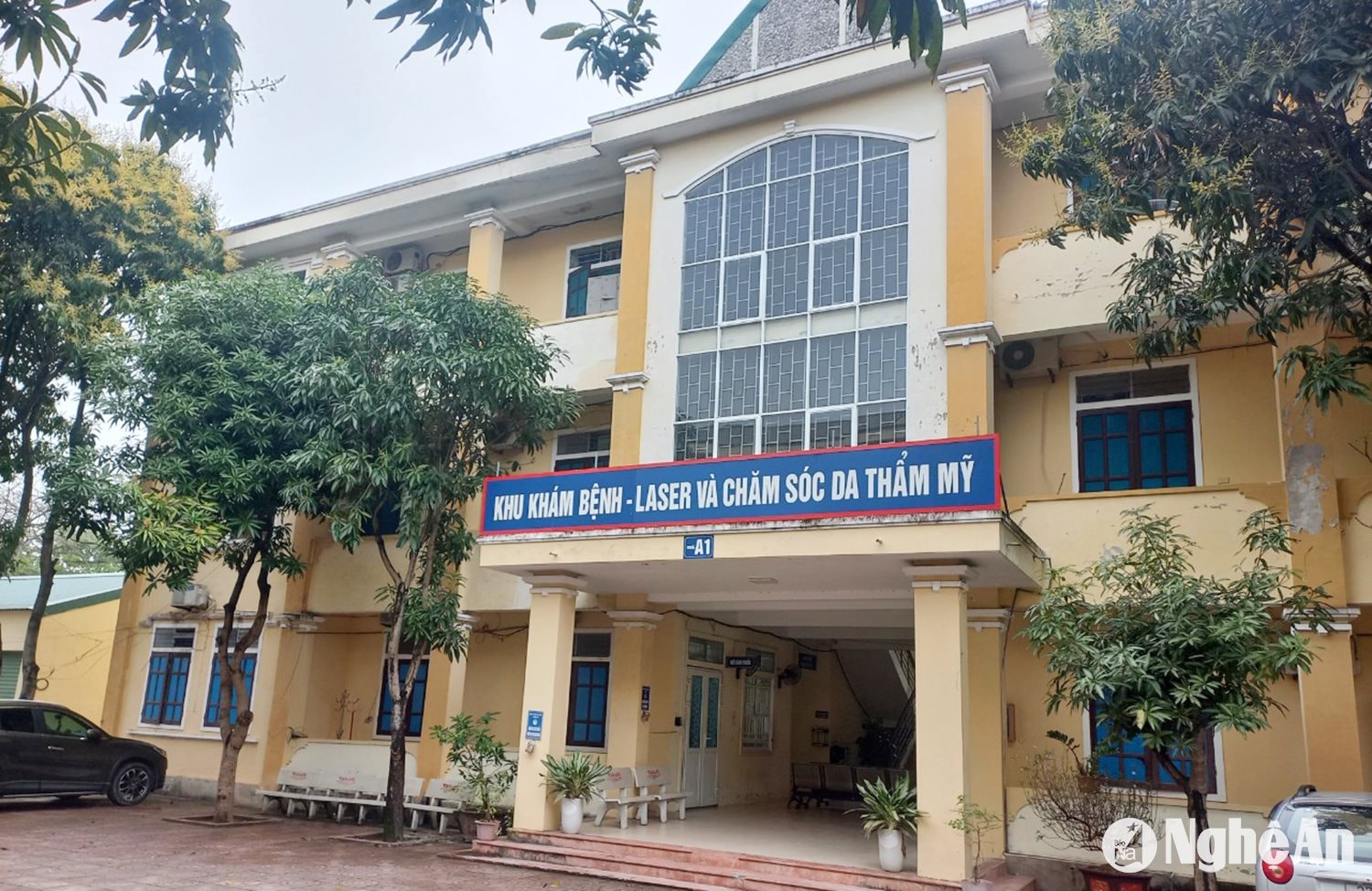
This story of “talent drain” has shown some of the shortcomings in the mechanism and policies to “retain” qualified and experienced workers. It is known that although being financially autonomous units, hospitals still have to pay salaries according to the salary scale prescribed by the State without a mechanism to pay separate salaries to good doctors, attracting high-quality human resources, while non-public medical facilities are willing to offer high income levels to attract medical staff.
The above situation, according to health managers: In addition, the management, operation and financial management level of some hospital leaders has not met the requirements, the system of mechanisms and policies has not been synchronized and kept up with the pace of autonomous development. For example, Resolution No. 18-NQ/TW, Resolution No. 19-NQ/TW encourages streamlining the organizational apparatus. However, the health sector is a special sector, requiring human resource assurance. Circular No. 03/2023 of the Ministry of Health stipulates the minimum staffing level of medical staff per hospital bed, must ensure the structure ratio of groups... but the recruitment of human resources depends on actual revenue, enough human resources but lack of salary.
Autonomy is not "substantial" or "unleashed", there are still many constraints related to the apparatus, people, personnel arrangement, and payroll. For example, the policy of allowing hospitals to be autonomous in terms of human resources, but imposing a quota for staff reduction; autonomy in finance, but the purchase of equipment for medical examination and treatment still has to wait for approval from many levels and many sectors, taking a lot of time.
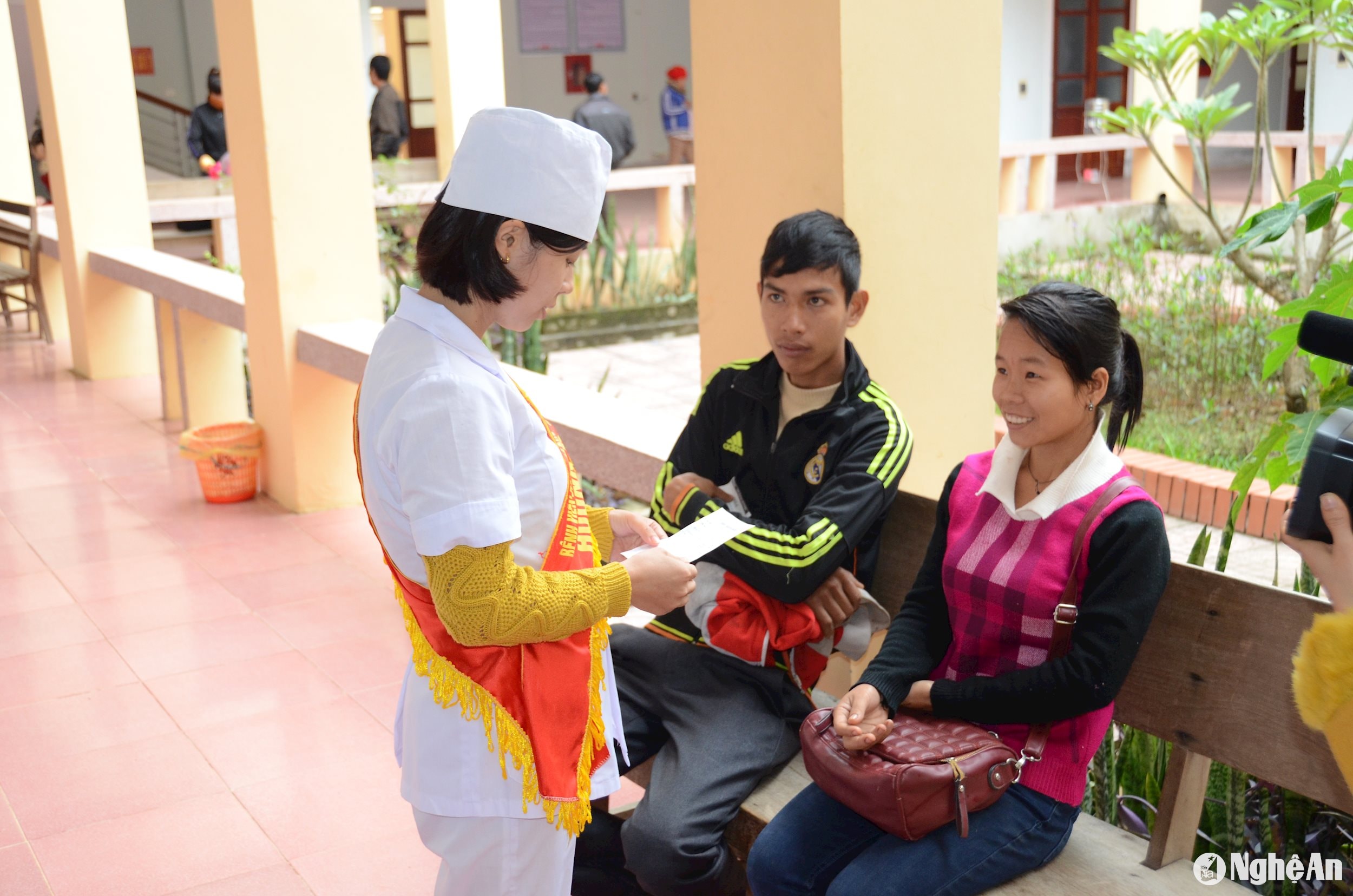
The implementation of autonomy in public hospitals in Nghe An is facing many difficulties and problems. According to Dr. Nguyen Hong Truong: "The price of medical services has not been calculated correctly and fully, while hospitals have to be self-sufficient in regular expenses; there is no consensus in payment and settlement of health insurance, so there are situations of exceeding the fund, exceeding the ceiling, exceeding the expenditure estimate, and making payments... these things have affected the balance and stability of revenue and expenditure, making it difficult for hospitals to sustain their apparatus and reinvest."
In addition, the infrastructure system of the hospitals has been built for a long time and has now degraded, while the units are lacking funds to invest in construction and repair. There are localities with available investment resources but are stuck with some regulations of the resolution on decentralization of State budget revenue sources, local budget expenditure tasks... so they cannot invest in hospitals.
Dr. Nguyen Ngoc Hoa - Deputy Director of Nghe An General Friendship Hospital said: "The allocation of expected expenditure for medical examination and treatment under health insurance is still not appropriate. Specifically, in 2024, the Hospital was assigned a low expenditure, only equal to 2023, while the basic salary has increased by 8-10% according to Decree No. 73/2024/CP. Currently, the regulations on hospital fees and health insurance collection between autonomous units of group 1 and group 2 and group 3 are not different. The determination of the difference in revenue and expenditure between autonomous units of group 2 and 3 compared to autonomous units of group 1 is not yet equal".
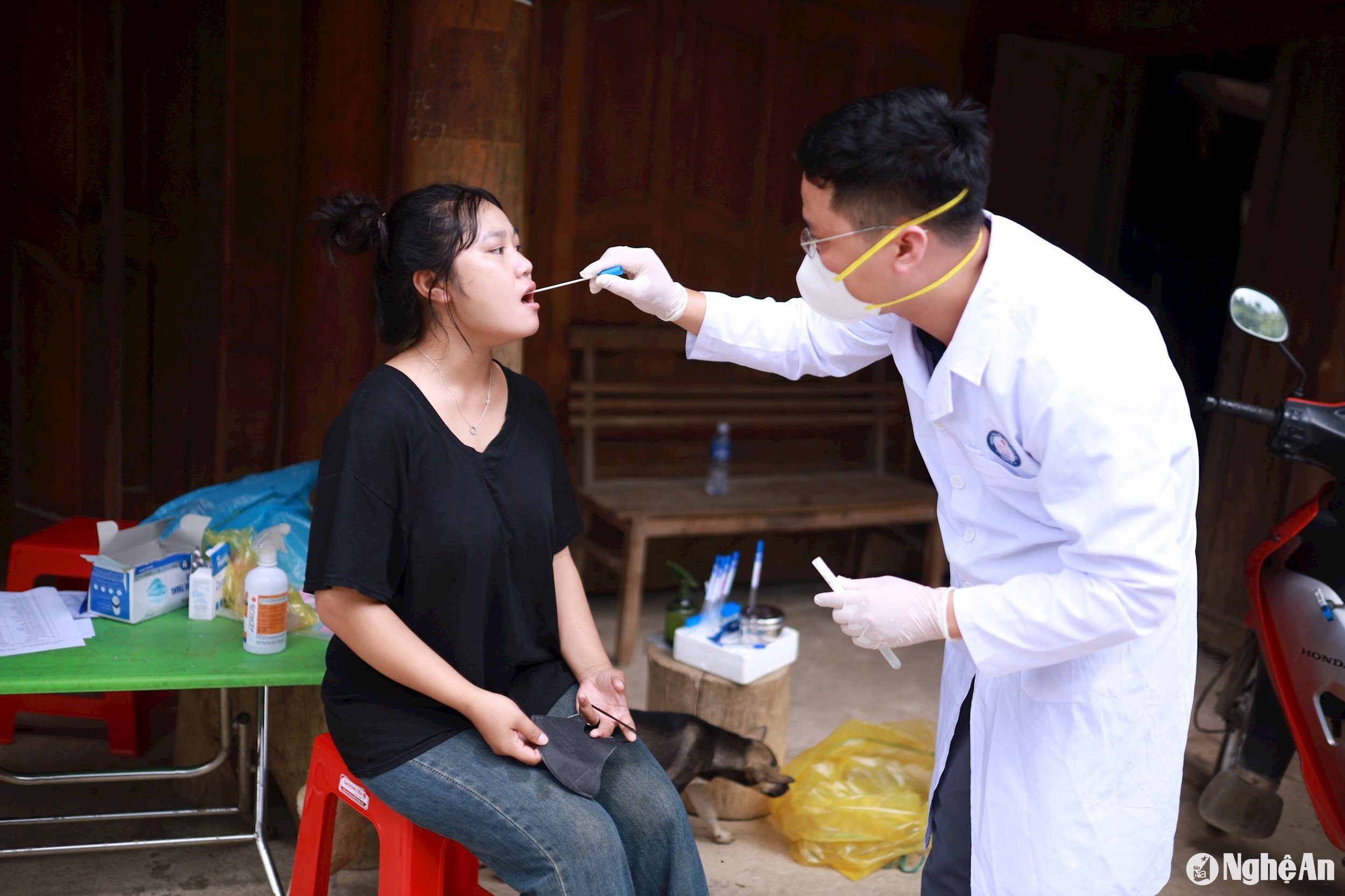
Doctor Le Xuan Hong - Director of the Southwest Regional General Hospital, said: "The attraction policy is not strong enough for high-quality doctors to work in mountainous, remote and isolated areas. The recruitment of high-quality doctors is difficult, doctors who graduated from high-quality training schools nationwide do not apply for jobs at district-level public units because of low salary and allowances. The number of doctors, bachelors of medical technicians, nurses and some other necessary positions recruited annually is not enough according to the approved plan and the job position needs of the unit".
There are still many difficulties and shortcomings in implementing autonomy in hospitals, especially in mountainous areas and specialized hospitals. For example, Ky Son Medical Center has approximately 200 staff, but each day there are only about 50 patients coming for examination and treatment. Without patients, patients have a low standard of living, limited access to and use of medical services... which means no source of income, while expenses must still be maintained, making it difficult to ensure salary payments. The reason for this comes from the inappropriate assessment, division of levels, and assignment of autonomy. Resolving this inappropriate issue is not easy when there are regulations that do not allow "going down" to the autonomous group.
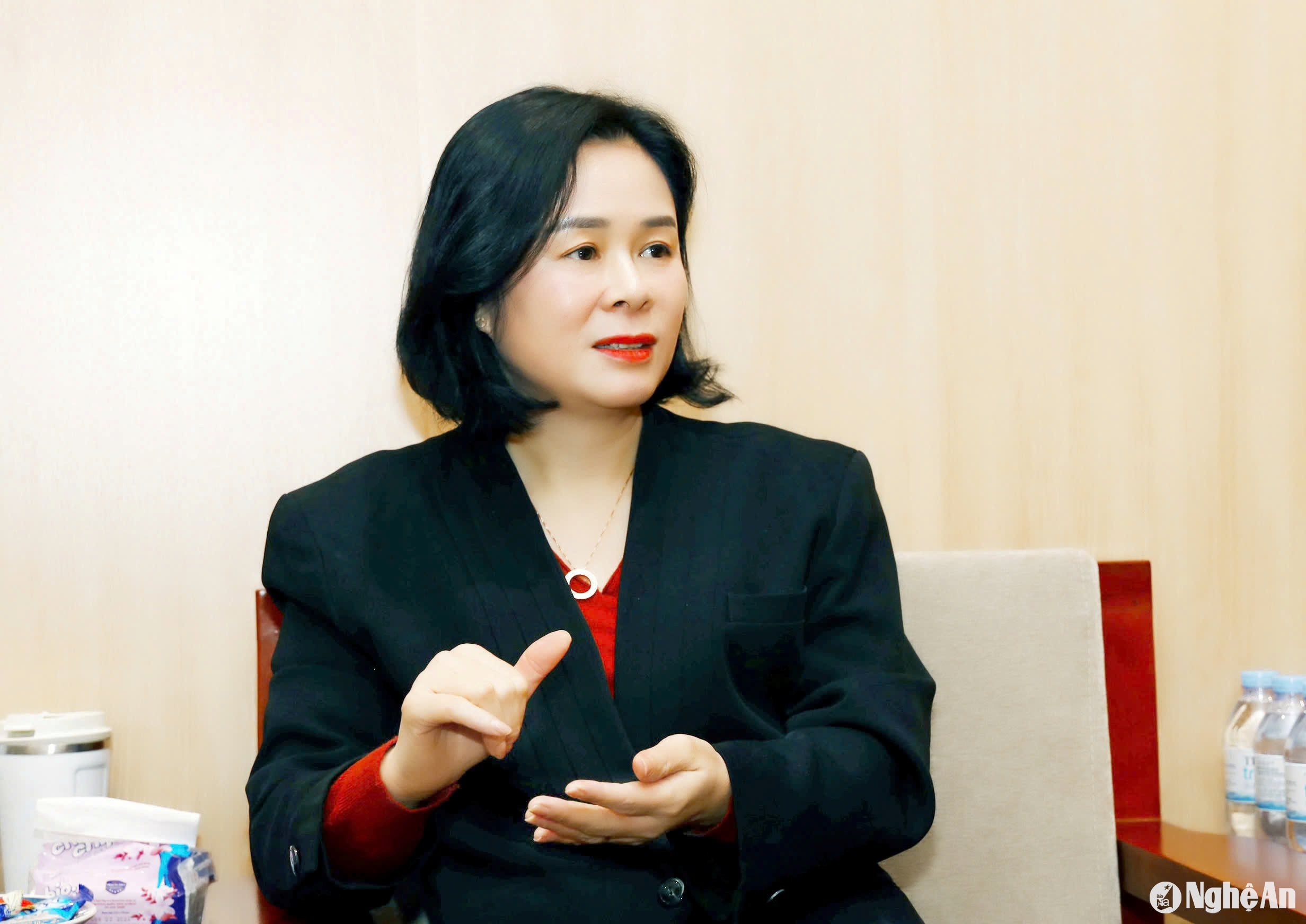
To help hospitals implement autonomy, the Department of Health is recommending and proposing that the Ministry of Finance advise the Government to soon issue a Decree amending and supplementing a number of articles of Decree No. 60/2021/ND-CP in the direction of granting autonomy to units. The Ministry of Health shall amend or replace inappropriate documents; recommend that the Vietnam Social Security promptly resolve expenses exceeding the ceiling and exceeding the budget of the health insurance fund for medical examination and treatment units; and accelerate the roadmap to complete the calculation of correct and full costs of medical service prices.
Recommend that the Provincial People's Council and People's Committee have a policy of not reducing the number of career staff, allowing the increase of the minimum number of employees at district health centers and commune health stations; review, amend and supplement policies and preferential treatment regimes to attract and support training for health workers, especially highly qualified and specialized health workers working long-term at grassroots health facilities; increase State budget investment in health, prioritizing hospitals with cramped and degraded infrastructure.Dr. Le Thi Hoai Chung - Director of Nghe An Department of Health


